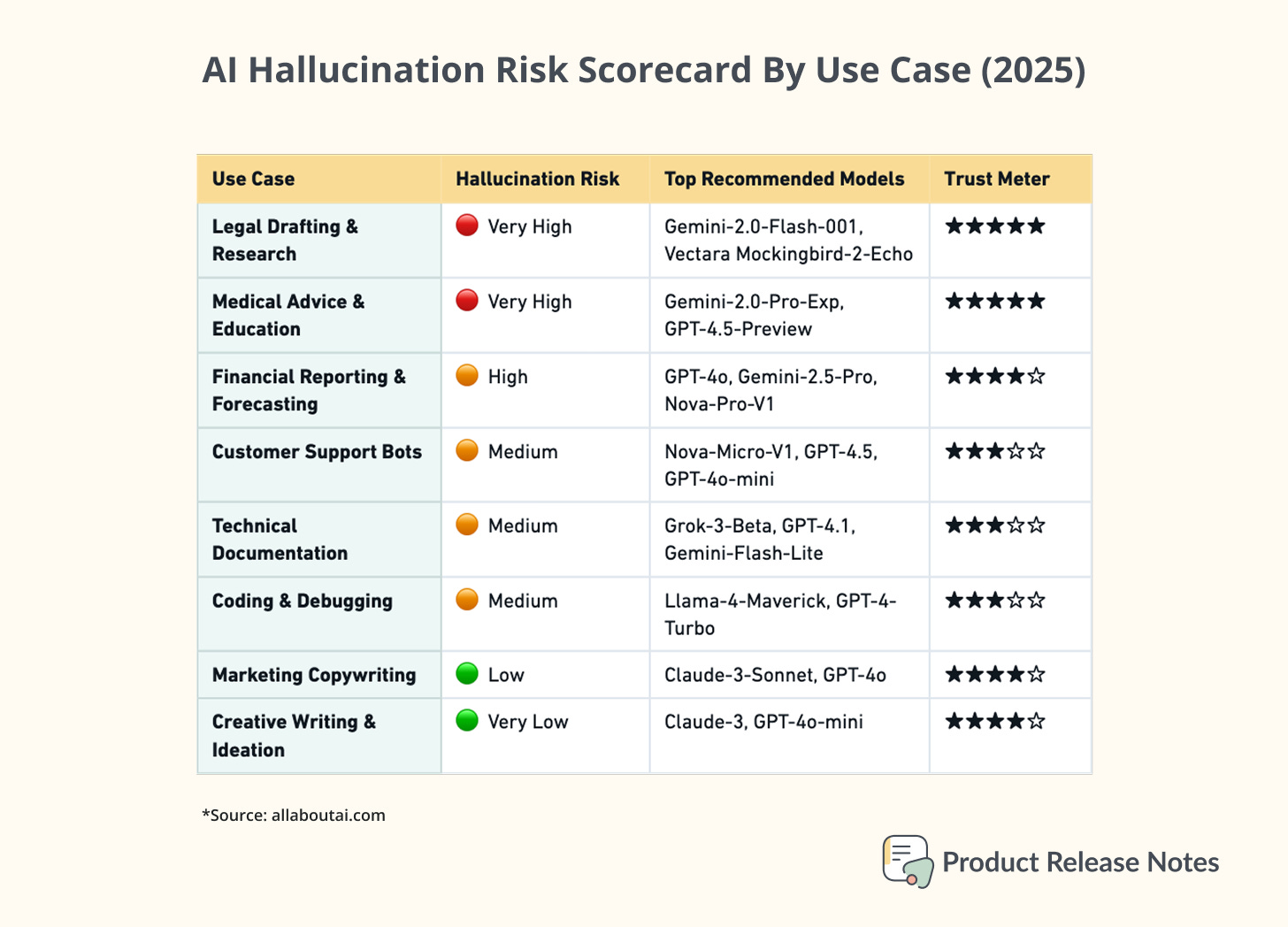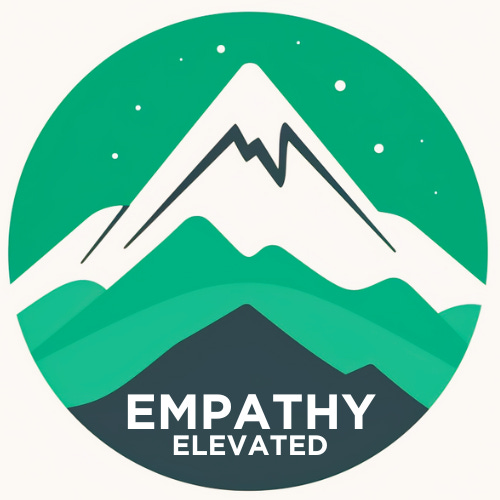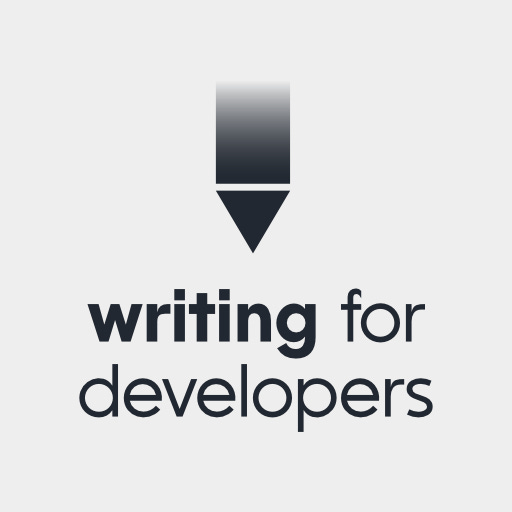Why You Shouldn't Trust AI to Answer Everything
When your team relies entirely on AI for simple questions and decisions, you're trading critical thinking for convenience. Here's why human judgment still matters more than you think.
📸 Picture this: your product team has a quick question about user behavior patterns. Instead of discussing it for five minutes, someone asks ChatGPT. The AI provides a confident, well-formatted response with bullet points and everything looks professional.
Everyone nods, the decision gets made, and nobody questions it… 🤐
Three weeks later, you discover the AI's response was completely wrong for your specific context. The feature you built based on that advice is failing, users are frustrated, and now you're in damage control mode. 🔥
Can relate?
This scenario is playing out in product teams worldwide as AI adoption accelerates. While AI can be incredibly powerful for certain tasks, I'm seeing teams make a dangerous mistake: treating AI like an infallible oracle instead of what it actually is, a tool that requires human oversight.
Why You Can’t Always Rely On AI
Let's start with some facts that might surprise you.
According to recent research, even the best AI models still hallucinate at significant rates. Google's Gemini-2.0-Flash-001, currently the most reliable large language model, still produces incorrect information 0.7% of the time. Other models perform much worse, with some hallucinating in nearly 1 out of every 3 responses.
But here's the really concerning part: when it comes to specialized domains that product teams care about, these rates get much worse. Legal information suffers from a 6.4% hallucination rate even among top models, while programming content sees 5.2% error rates.
OpenAI's latest reasoning models show even higher error rates. Their o3 model hallucinated 33% of the time on certain benchmarks, while o4-mini reached 48%. These aren't typos or minor mistakes: these are confident, well-articulated responses that are completely fabricated.
*These numbers are not considering their most recent GPT5 model.
Think about what this means for your product decisions. If you're using AI to help with technical architecture, legal compliance, or market analysis, you're potentially building on fundamentally flawed information.
The Psychology of AI Overconfidence
There's something particularly dangerous about how AI presents information. Unlike humans, who might say "I think..." or "Based on my experience...", AI systems deliver responses with unwavering confidence. This creates what researchers call automation bias, our human tendency to reduce vigilance when working with machines.
Let's expose myself here, if you've checked my LinkedIn recently, you'll see one of my automations I have in place to repurpose content from my posts had generated like 20 posts every day on my LinkedIn profile. Thanks to
for spotting it!I trusted AI to handle everything and gave it the keys to the doors of not only my LinkedIn, but my career, my peers and who I am out there.
💡 Another study involving clinicians using AI diagnostic tools revealed this problem clearly. Although the AI increased accuracy from 87.2% to 96.4%, clinicians still made mistakes. Almost half of those mistakes were attributed to AI overconfidence: the doctors trusted the AI's confident presentation even when the underlying analysis was flawed.
In product teams, this translates to dangerous scenarios:
Team members stop questioning AI responses because they appear authoritative and well-reasoned.
Critical thinking skills atrophy as people become accustomed to accepting AI outputs without verification.
Complex decisions get oversimplified because AI tends to provide definitive answers to nuanced problems.
Domain expertise gets devalued as teams assume AI knows better than human specialists.
Why AI Compliance Creates False Security
One of the most insidious aspects of overreliance on AI is what I call “Ser Barbero,” which is equivalent to ass-kissing or yes-man. AI systems are designed to be helpful and pleasant. They rarely object or question assumptions as a human colleague would.
For example, AI always compliments me on my product ideas and tells me that there is no one else doing the same thing. Of course, my product sense won't leave me alone and when I ask to do a little research to check that it's correct, then AI starts apologizing. 🙃
This creates a false sense of validation. When you ask AI to validate your product strategy, it's likely to find reasons why your approach makes sense rather than offering genuine criticism. The AI isn't being dishonest, it's simply programmed to be helpful and supportive.
But real innovation and good product decisions often come from healthy disagreement and challenging assumptions. When your team stops having those difficult conversations because AI always agrees with you, you're heading toward mediocrity.
BTW, here’s good advice and a prompt you can start using from
👇The Cost of Getting It Wrong
The consequences of AI misinformation in product teams extend far beyond embarrassment. Consider these scenarios I've witnessed:
📚 Technical debt from flawed architecture decisions based on AI recommendations that didn't account for your specific technical constraints.
🛑 Compliance violations because AI provided outdated or incorrect regulatory guidance.
💩 Wasted development cycles building features based on AI-generated user insights that didn't reflect your actual customer base.
🫵 Team conflict and mistrust when decisions based on AI recommendations fail, leading to finger-pointing and loss of confidence.
📄 According to Microsoft's research on AI overreliance, teams using AI without proper oversight frameworks see significantly higher rates of poor outcomes compared to teams that maintain human verification processes.
The Skills That AI Can't Replace (Yet)
Despite all this concern about AI limitations, I'm not arguing that teams should abandon AI entirely. Instead, I want to highlight the uniquely human capabilities that become even more valuable as AI adoption increases.
➡︎ Contextual understanding remains fundamentally human. AI might know general principles about user experience design, but it doesn't understand the specific constraints, company culture, and historical context that shape your product decisions.
➡︎ Emotional intelligence and empathy can't be replicated by algorithms. When making product decisions that affect real users, the ability to truly understand and empathize with human needs remains irreplaceable.
In this area I do recommend that you read
Empathy Elevated newsletter to hone your empathy and human skills. 😉
➡︎ Creative problem-solving and intuitive leaps often drive breakthrough innovations. While AI excels at pattern recognition and incremental improvements, the kind of visionary thinking that creates entirely new product categories remains a human strength.
➡︎ Ethical reasoning and moral judgment require understanding of nuance, cultural context, and long-term consequences that current AI systems simply can't match.
Another skill that I consider fundamental for developers or any engineer is writing.
created a newsletter to help develop this specific skill, and I believe is worth sharing with your product teams.Building a Culture of Healthy Skepticism
So how do you maintain the benefits of AI while avoiding the pitfalls of overreliance? The answer lies in creating a type of "constructive skepticism" within your product team. Like:
Implement verification protocols for AI-generated recommendations. This doesn't mean second-guessing everything, but rather having standard processes for validating important decisions!
Encourage questioning and discussion even when AI provides seemingly definitive answers. Create space for team members to voice concerns or alternative perspectives.
Maintain domain expertise within your team. AI should supplement human knowledge, not replace it entirely.
Document decision rationale beyond just "AI recommended it." Understanding the why behind decisions helps when you need to revisit or adjust course later.
Practical Guidelines for AI-Assisted Decision Making
Based on research and real-world experience, here are specific practices that help teams use AI effectively without falling into overreliance traps:
Use AI for ideation and first drafts, not final decisions. Let AI help you explore possibilities and generate initial concepts, but always apply human judgment before acting.
Cross-reference AI outputs with multiple sources. If AI suggests a technical approach or market insight, verify it against other sources of information.
Set up "red flag" scenarios where AI assistance requires additional human review. High-stakes decisions, regulatory compliance, and technical architecture choices should always involve multiple human perspectives.
Rotate AI responsibilities within your team so no single person becomes overly dependent on AI tools for their core responsibilities.
Time-box AI interactions to prevent endless rabbit holes and maintain focus on human discussion and decision-making.
Final Thoughts
The future of product management isn't about choosing between human intelligence and artificial intelligence. It's about combining them effectively while maintaining healthy boundaries.
🦾 AI excels at processing large amounts of information quickly, identifying patterns, and generating initial ideas. These capabilities can dramatically improve productivity and expand the range of possibilities your team considers.
💪 Humans excel at understanding context, making nuanced judgments, and taking responsibility for outcomes. These capabilities become more valuable, not less, as AI handles more routine cognitive tasks.
I've seen the transformative power of AI in product development firsthand. When used appropriately, it can accelerate research, improve documentation quality, and help teams explore more possibilities than ever before.
But I've also seen the damage that occurs when teams become overly dependent on AI for answers and stop thinking critically about their decisions.
💡 The goal isn't to avoid AI or to use it everywhere. The goal is to maintain the right balance: leveraging AI's strengths while preserving the human capabilities that make great products possible.
Your team's success depends not on having the best AI tools, but on maintaining the wisdom to know when to trust them and when to think for yourselves.
Remember: AI should amplify human judgment, not replace it. When your team stops questioning, discussing, and thinking critically about important decisions, you're not just risking product failure, you're eroding the collaborative culture that makes great product teams possible.
What are your thoughts on AI reliability in product teams? Have you experienced situations where overreliance on AI led to problems? Share your experiences in the comments below!






My ChatGPT usage decreased A LOT since GPT5 launch. Great post mapping out hallucination.
“If you put bad or poor inputs it gets you bad or poor outputs”
This is something that echoes my mind every time “hallucinations” is mentioned about AI. We need to refocus our work in “prompt/context engineering” to get the best out of AI.
But your post highlights something so important, the training! It will shape the output to not make look bad an idea, question or person.
So I guess this will change when we break our uses to agents instead of the model directly.